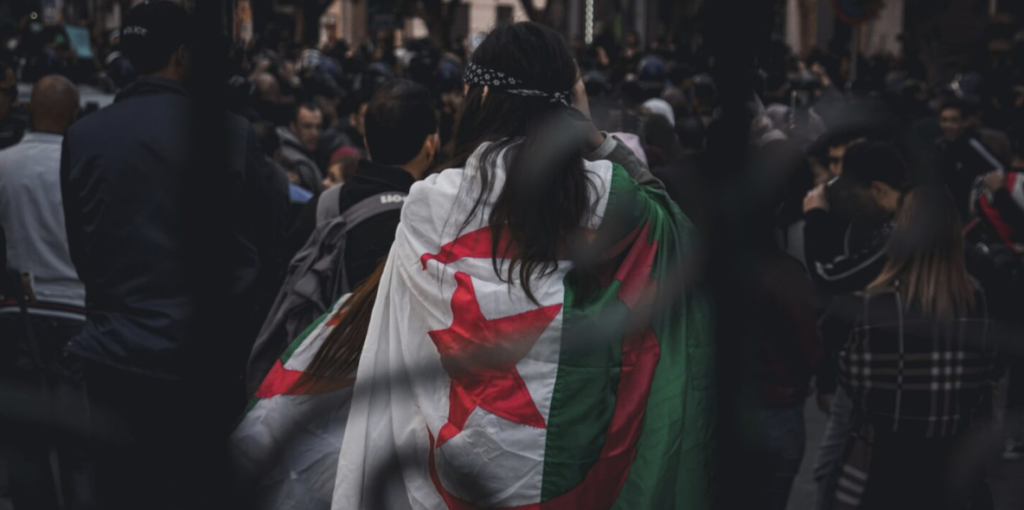Authors: Nouri Dris، Salah Boukenia، Zineddine Kharchi and Hacene Hami

Since the outbreak of the COVID-19 pandemic and the severe socioeconomic impacts it had worldwide, social policy and the role of the state during crises have been brought to the forefront of the political, legal, and development debates. The pandemic exposed the free economies’ limited capacities to face such crises, especially in mitigating the toll on the livelihood of the poorest and most vulnerable. However, in Algeria, the discussion about the state’s social policy was not solely driven by the pandemic, it was also triggered by the economic crisis which has intensified with the gradual fall in oil prices since 2014. Accounting for more than 95% of the state budget, oil prices reached less than $40 a barrel in 2021, thereby dropping Algeria’s foreign exchange reserves from $200 billion in 2012 to less than $40 billion in 2021. Despite the recovery in oil prices at the beginning of 2022, people’s purchasing power continued to decline due to severe worldwide inflation and the failure of consecutive economic programs to ensure the Algerian economy’s relative independence from the fluctuating and crisis-sensitive global market.
To read this study: click here
Disclaimer: Except for articles published on Blog Tadamon and the content of the resource pages, all materials on this website, including their respective photographs, are indexed from their original sources. All rights remain with the respective copyright holders.

Comments are closed, but trackbacks and pingbacks are open.